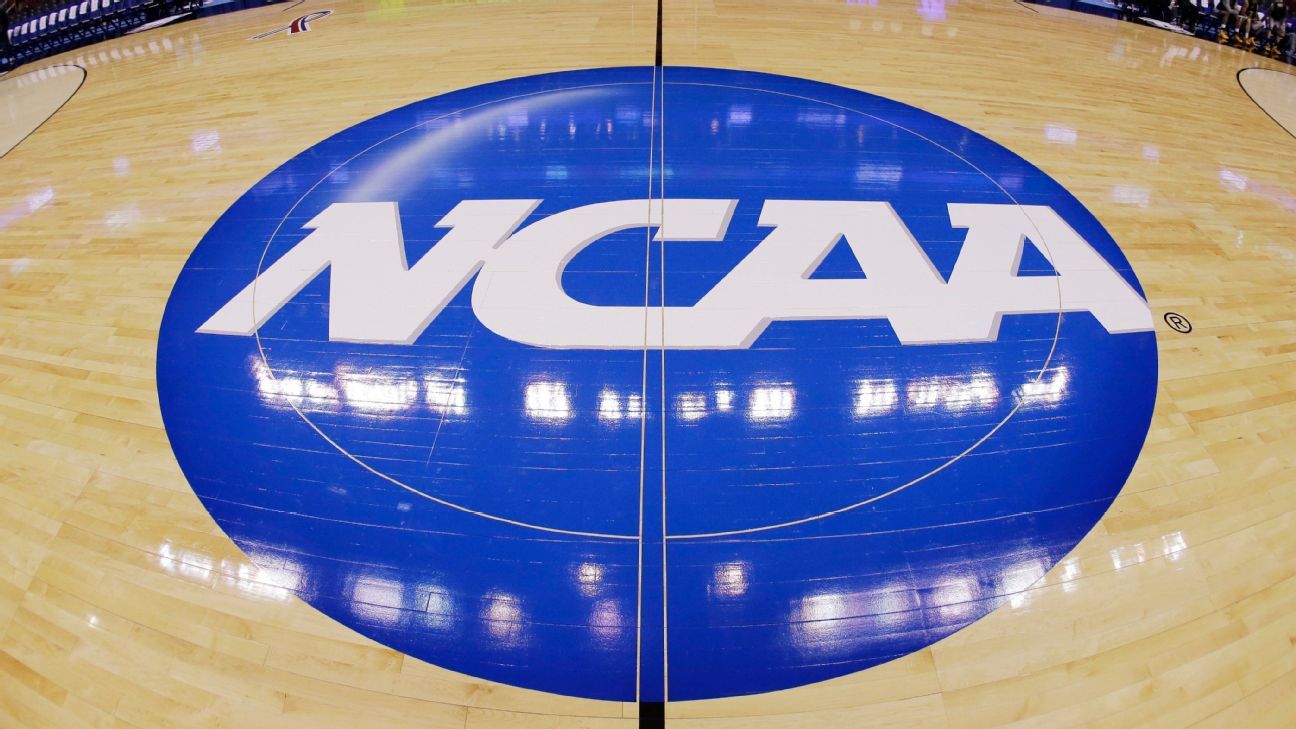Judge delays House settlement approval over roster limits
The judge overseeing the sprawling $2.8 billion antitrust lawsuit settlement involving the NCAA and the nation’s five largest conferences delayed final approval of the plan Wednesday until it is modified to address concerns about roster limits.
U.S. District Judge Claudia Wilken signaled she is ready to approve the rest of the settlement, commonly referred to as the House settlement after lead plaintiff Grant House, but wants both sides to come up with a way to not harm current athletes who will lose their spots on teams. The settlement calls for scholarship limits to be replaced by roster limits.
“With the exception of the immediate implementation of the roster limits provisions that will cause harm to certain members of the Injunctive Relief Settlement Class … the Court tentatively finds that it can grant final approval of the remainder of the settlement agreement as fair, reasonable, and adequate,” Wilken wrote in her five-page order.
One of the attorneys who hashed out the settlement proposed last year reacted with cautious optimism.
“We appreciate the court’s guidance and thoughtful review of this monumental case,” plaintiffs attorney Steve Berman said. “We are pleased that the court has rejected all of the objections but the roster issue, and we will work hard to convince the NCAA and the conferences to address the court’s concerns. If we are unable to do so, then we are off to trial and we will return to fighting the NCAA in court with next steps.”
The NCAA did not immediately comment. After a hearing earlier this month, NCAA attorney Rakesh Kilaru told Wilken it had been “a long road to get to this point” and made no promises that her concerns about roster limits would be addressed — and that’s what happened when the plan was resubmitted a week later.
Wilken took issue with that choice, saying the immediate implementation of roster limits “will result in harm to a significant number” of athletes in addition to those who were on a roster but were removed in the past several months because of the “premature implementation” of the agreement.
The effect of the proposed roster limits would be to allow every athlete to be eligible for a scholarship while cutting the number of spots available. During an April 7 hearing, Wilken told attorneys that the cuts could be phased in and even suggested grandfathering in current athletes. Both sides responded by saying such moves were not practical and would lead to chaos, but Wilken was not moved.
“Any disruption that may occur is a problem of defendants’ and NCAA members schools’ own making,” she wrote in Wednesday’s order.
Roster limits could signal the end of the walk-on athlete in college sports and, as Utah freshman swimmer Gannon Flynn noted in his testimony as an objector, imperil smaller sports programs that feed the U.S. Olympic teams. It is not clear how many roster spots across hundreds of schools will vanish under House, though it it is estimated to be in the thousands.
Steven Molo, an attorney for a group of athletes objecting to the plan, told the judge that roster limits would unnecessarily restrict opportunities. He noted that football teams would be capped at 105 players. The average roster size in 2024 was 128.
Source link
editor's pick
latest video
Sports News To You
Subscribe to receive daily sports scores, hot takes, and breaking news!




